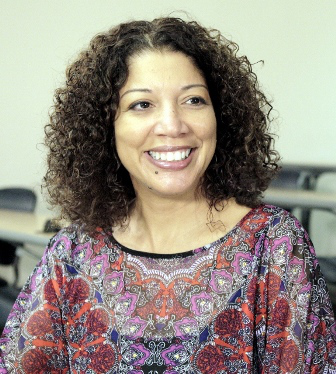 The first step in eliminating bias is acknowledging that a bias exist. However, few faculty members, or any other profession, are willing to acknowledge their own biases in the classroom. Although progress can come from large-scale change that trickles down into individual lives and everyday interaction, equally beneficial change can work from the bottom-up. Taking small steps on a manageable time scale to reduce our own biases can make all the difference.
The first step in eliminating bias is acknowledging that a bias exist. However, few faculty members, or any other profession, are willing to acknowledge their own biases in the classroom. Although progress can come from large-scale change that trickles down into individual lives and everyday interaction, equally beneficial change can work from the bottom-up. Taking small steps on a manageable time scale to reduce our own biases can make all the difference.Here are a few tips to becoming a little more equitable everyday.
1) Faculty are often tempted to grade students based on personal characteristics and their work, rather than solely on the quality of the work. Like many other mental shortcuts used for judgement and decision-making, making assumptions about another person saves massive amounts of time and are often accurate enough. Faculty may begin reading an assignment, stop and think, "So-and-so usually does great work," and, thus, skim the rest of the assignment with their mind already made up on what type of grade to give. However, when it comes to grading, using our first impression of a person is genuinely unfair. Students benefit when faculty take the time to thoroughly assess work for the work itself.
2) Whereas a faculty member may not be consciously biased, every human is biased on an unconscious level. If you don't believe that, follow this link and take the Race Implicit Attitude Test (IAT), Age IAT, or other available IAT. It's likely that you have no desire to act on your biases, whether unconscious or conscious, and simply becoming aware that you may be accidentally adjusting student performance evaluations or classroom experiences allows you to correct for biases.
3) Follow-up with yourself to continually evaluate how you are working to reduce your own bias.
4) Listen actively and empathetically to each individual with whom you speak. This allows you to look past surface-level characteristics and focus on content, substance, and quality.
5) Seek progress, not perfection. In other words, don't expect to ever fully eliminate bias, whether that's based on gender, race, age, or education level, because it is impossible to do so. But it's worth attempting to reduce as much as possible. By doing so, you are making a more fair and inclusive environment for your students.




.jpg)




